You don't get more continental than the name "Zdenek Prachor". We have some thirty or so souls in our research group, two of whom are English (inc. your humble correspondent). That makes for twenty-eight dodgy foreigners, who are, despite their foreignness, thoroughly lovely. They span the globe, from Bolivia to China, from South Africa to Pakistan. None of them, however, can match the name "Zdenek Prachor" for sheer quality.
This tea is made by Zdenek Prachor, and was kindly provided by the entirely charming (and somewhat foreign, but still nice) Tomas Arva.
If I've learned one thing from working in such a multicultural environment it is that, no matter how different our cultures, we are basically all the same people. We have the same bad sense of humour (exception: our German colleagues); we have the same proclivity to doing things at the last minute; we all like to use violently blue language when our research articles get turned down by journals. Those darned, darned journals.
Likewise,  I am always struck how much the love of good old pu'ercha brings different people together. I have been chugging down this Zdenek Prachortastic cake safe in the knowledge that Tomas and his chums have been similarly enjoying it in whichever corner of some foreign field they don't call forever England. I can barely even converse with some of my wife's family, but we can communicate over a pot of hot tea and a bowl of dumplings.
If my name were as brain-numbingly awesome as Zdenek Prachor, I would be putting it on every wrapper of every cake I ever made. However, this cake comes under the "Longfeng" label, which I am going to assume means "Dragon-Phoenix". Longfeng.cz is a Czech teashop, and is just as brilliant as Pu-erh.sk, which is my other "go to" outfit in that neck of the woods. I appreciate that the Czech Republic and Slovakia are now entirely different countries, but I am quite slow at changing my neural pathways. Bear with me.
Wrap your ocularities around the leaves shown above: are they not appealing? This "red" Longfeng cake comes from Shitou Xinzhai, where "shitou" is pronounced SHER-TOH and definitely not in any other way. I recall that "shitake" mushrooms have a similar pronunciation problem when Anglicised. Shitou is in the Nannuoshan region.
Let's Czech it out.
This is actually an autumnal tea, and I appear to have been much maligned by various autumnal cakes lately. However, it must be said that this is a rather excellent example of the genre. The soup, pictured above, has a yellow colour but which has a telltale hint of "brown" hue about it. This doesn't come out in the photograph, but is quite clear in real IRL.
Heavy, rich fruits dominate the aroma. The body of the tea is rather late in arriving, but, when it does develop, piles on a long, mouthwatering sweetness. In the background lurks a fishy, grassy tone reminiscent of all those Japanese greens that I'm doing rather a good job of avoiding.
Happily, this moves into the "damp straw" genre which, while sounding undoubtedly grim, is really rather good. It reminds me of a few Yiwu cakes that I have, in a good way. While it doesn't taste a great deal like the Nannuoshan cakes with which we've become familiar, it satisfies, with its late, fruity sweetness of autumn.
I understand that this little baby sold for something like £15 / 200g, which is very decent, and upholds the tradition of the new wave of teashops that are offering solid, fairly potent teas for a very appealing price.
I found a review of this tea (in Czech) on a long-forgotten web-site which notes that this tea "affects 1, 3, 6, and 7 chakra". I appreciate that kind of specificity in one's mumbo-jumbo: if you're going to get into something, you may as well jump in with both feet, and do it properly. Kudos, Czech chakrapersonage.
Whether or not this cake affects your chakras (chakrae?) in the range [1 7], fans of "guhua" autumnal sweetness will find a lot to appreciate, as will fans of reliable tea at low prices. I'll be keeping my eyes firmly swivelled towards Longfeng and their contemporaries over the coming months.
Today, we are all Zdenek Prachor.
---
Errata: I have just been informed that the name of the protagonist in this article is, in fact, Prachar - apologies to Mr. Prachar. However, I'm going to stay with "Prachor", as the "or" ending has a suitably malevolent feeling to it: think SKELETOR, MORDOR, and LIBOR*.
*This economics joke inserted for the balding Roman professor of economics in my readership.
---
Errata: I have just been informed that the name of the protagonist in this article is, in fact, Prachar - apologies to Mr. Prachar. However, I'm going to stay with "Prachor", as the "or" ending has a suitably malevolent feeling to it: think SKELETOR, MORDOR, and LIBOR*.
*This economics joke inserted for the balding Roman professor of economics in my readership.

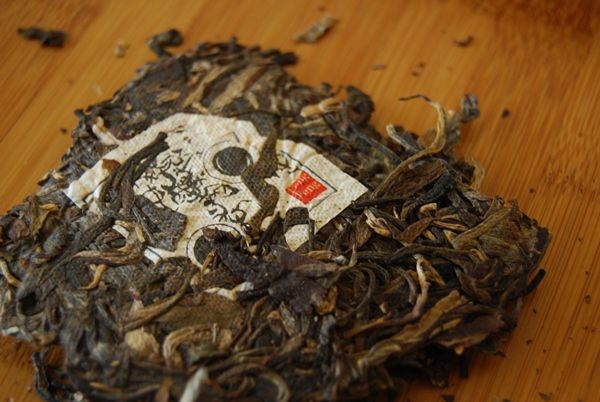
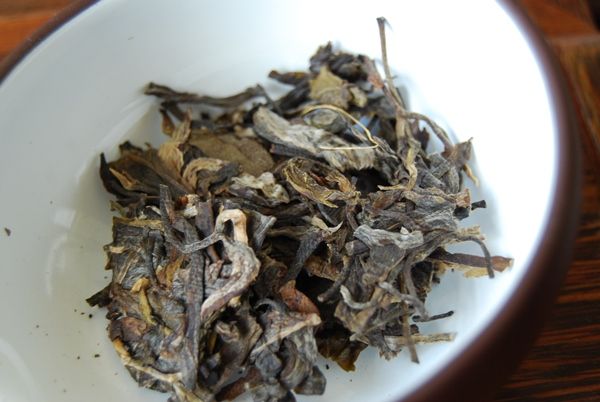
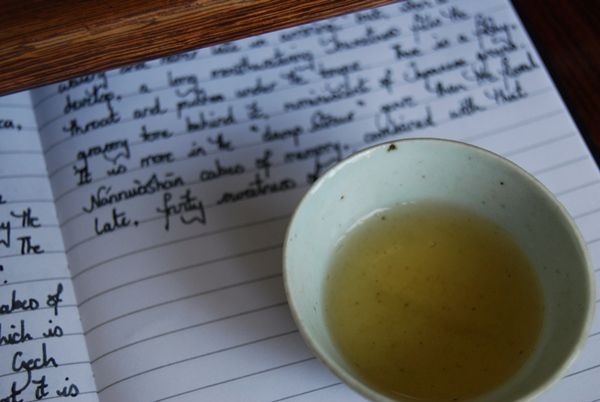
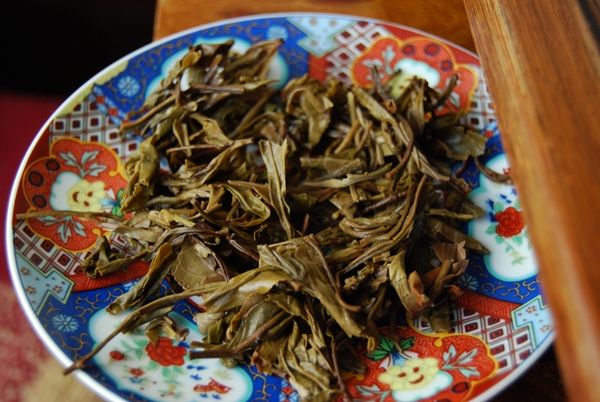
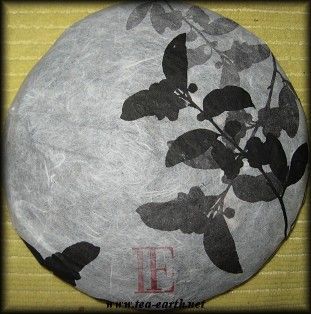
7 comments:
Dear Hobbes,
unfortunately, my handwriting needs an improvement - the real name of owner of Longfeng tea company is Zdeněk Prachař (two hiccups included)
Tomas (which is written as Tomáš in Slovakia)
Well, darn.
I've updated the article!
Toodlepip,
Hobbes
P.s. English needs more diacritical marks, rather than just the few we've pinched from French.
Funny fact: Libor is an actual czech given name /July 23/, just like Dalibor, Teodor, Viktor, Gregor, Igor, Fedor, Ctibor and Tibor.
I thought "Dalibor" was amazing until I went on to read "Ctibor". You guys certainly have a monopoly on names for potential master villains / Bond enemies. :)
Ctibor Goldspectre: "No, Mister Bond - I expect you to die."
Toodlepip,
Hobbes
Information about the chakras have been possible on my page.
http://www.tea-earth.net/tea/black/lfpbluelabelnannuoGuShu2010.html
On your blog, you have a photo from my site. Please include a link to the source.
LOL, they write that nonsense "1, 3, 6, and 7 chakra" about every tea on that site.. :-D
Post a Comment